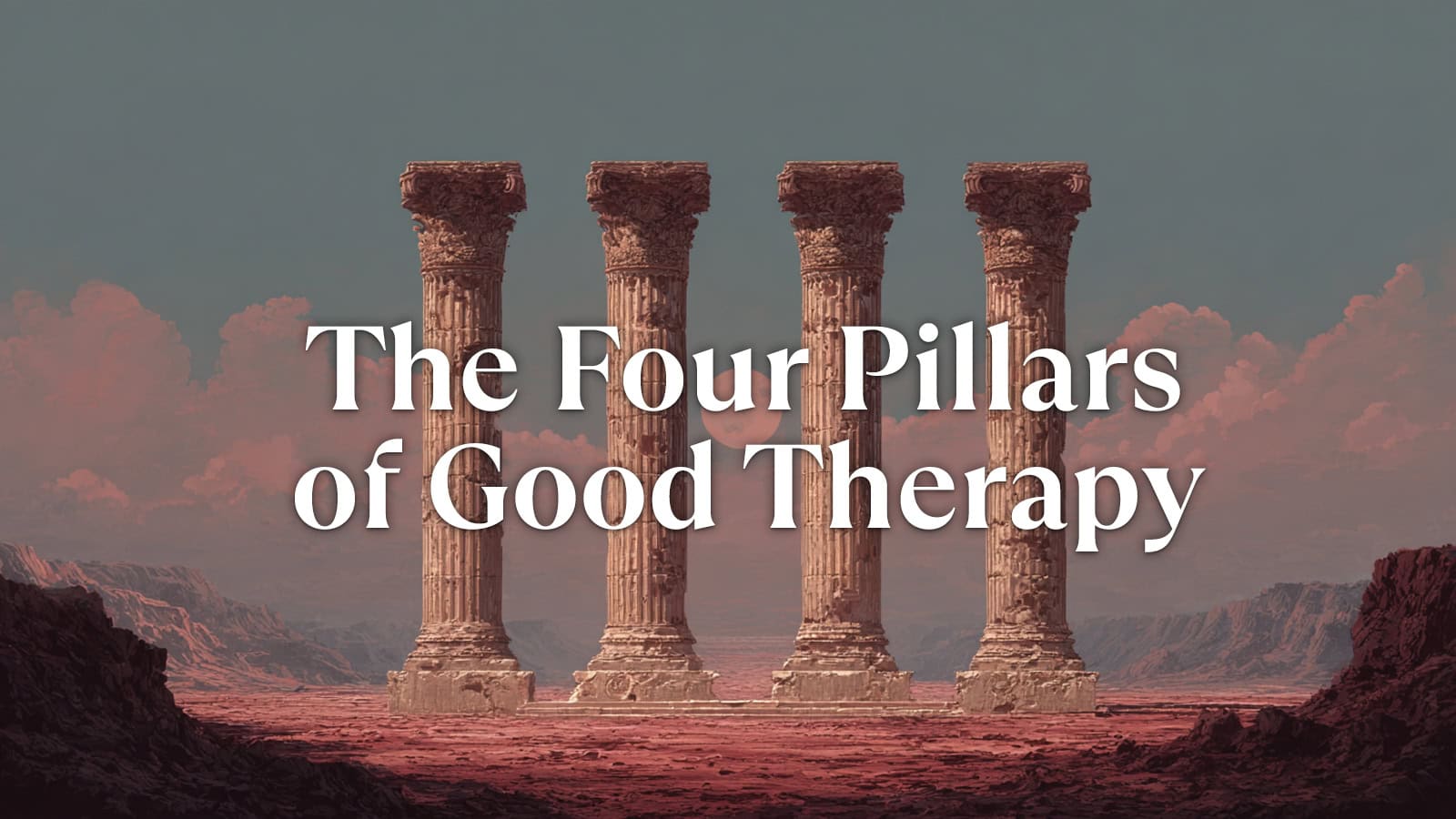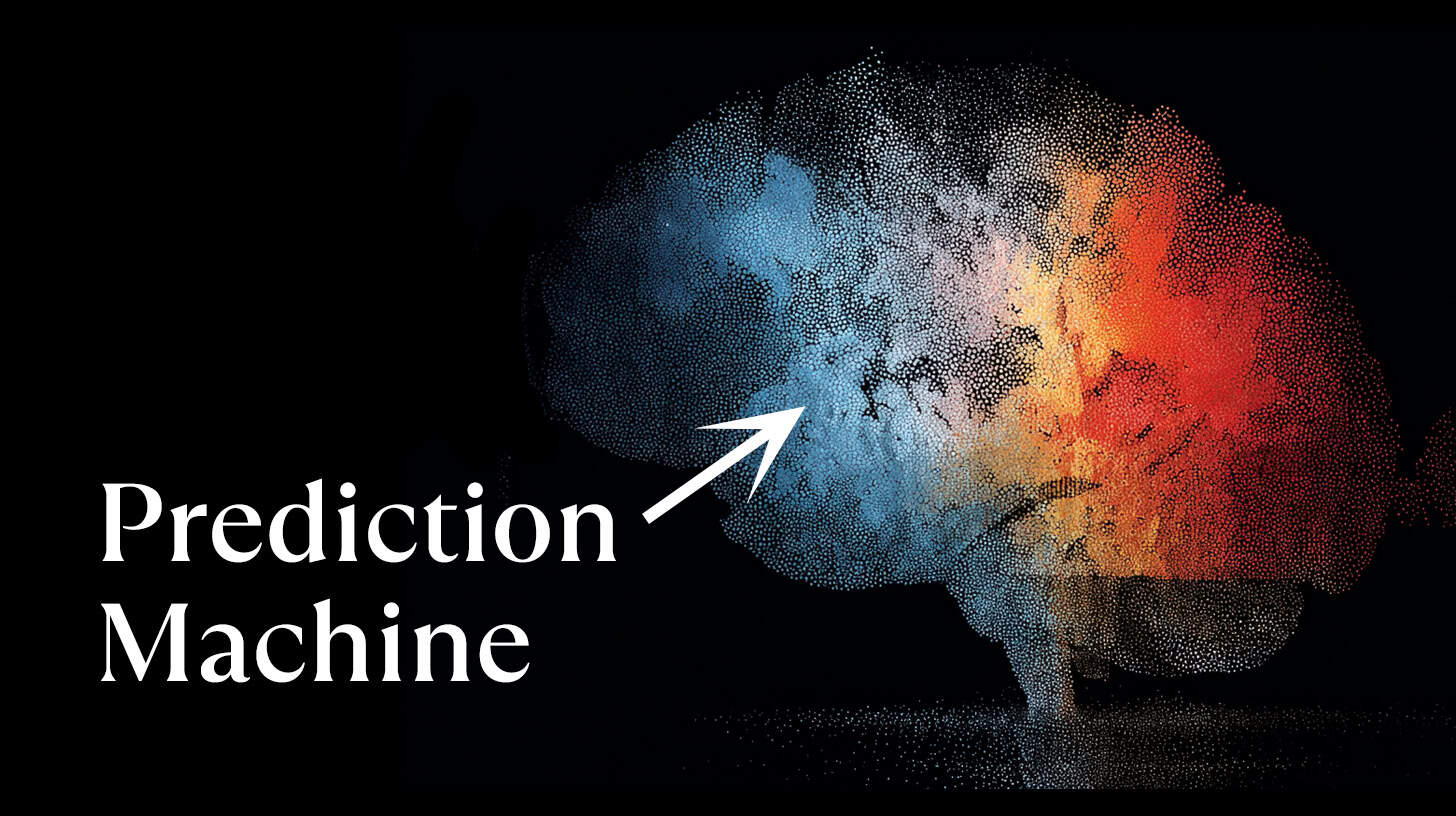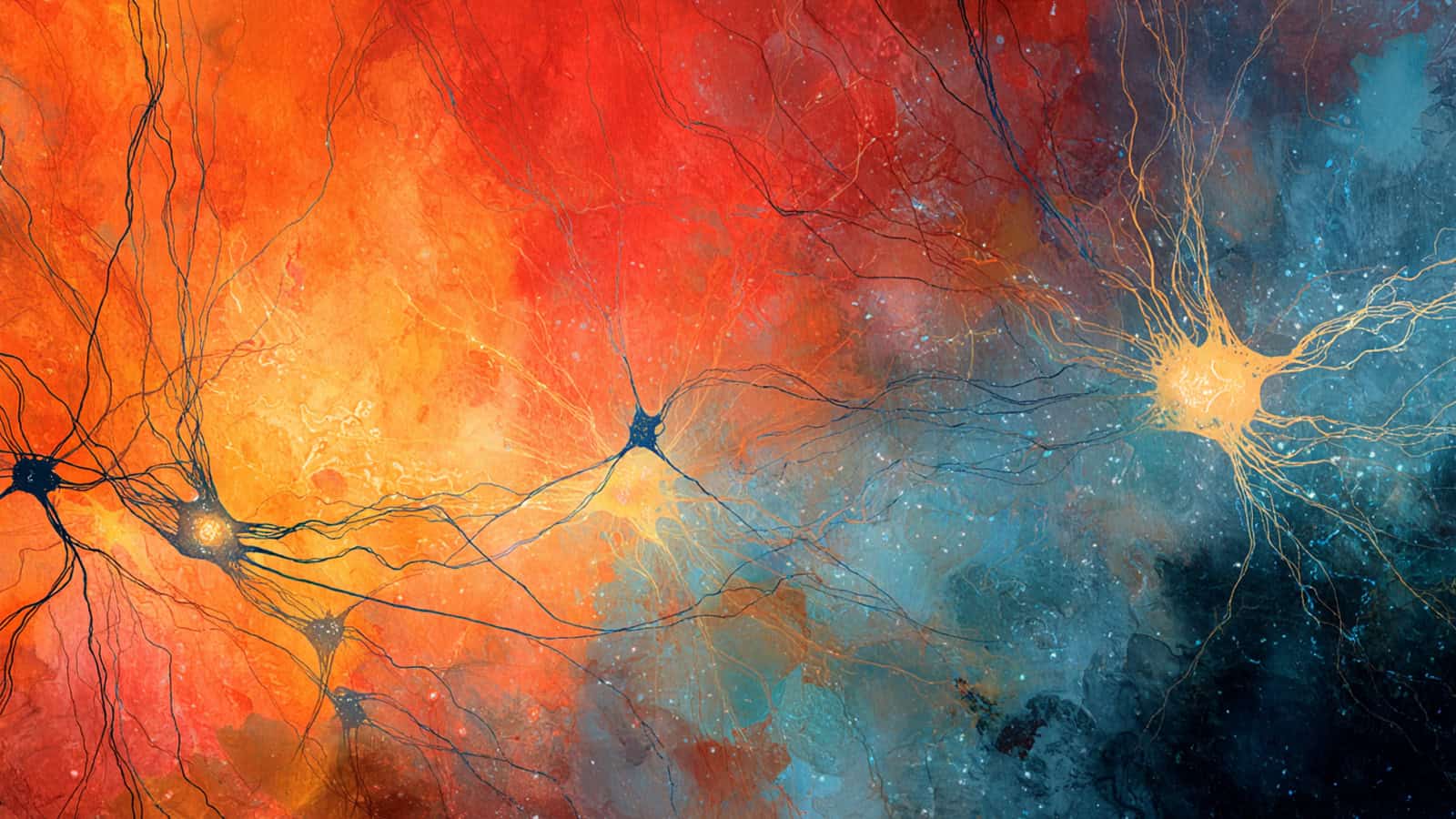Become a supporting member to watch the full conversation
Humanity is entering the Transformation Age, a new era of human civilization, with Integral Consciousness rising at its leading edge. Our members don’t use Integral Life as just another media subscription they use weekly or discard. Instead, most stay with us for years, using Integral Life to learn Integral Philosophy and build an integral mind slowly, methodically and when they need it. We’re here to help you shape the future that’s emerging no matter where your life takes you.
Get Full Access For $1 (7 days)* Or explore all membership plans → * Trial price for the first 7 days, then $20/month. Cancel or switch plans in 2 minutes at any time.In this captivating episode of Witt and Wisdom, Dr. Keith Witt and Corey deVos engage in a thought-provoking dialogue that addresses the critical themes from Jonathan Haidt’s and David Brooks’ recent articles on the mental health of young liberals and the self-destructive effects of progressive sadness. Both Haidt and Brooks examine the increasing rates of anxiety, depression, and despair among young people, particularly in liberal communities, and the potentially maladaptive nature of their mindset. The conversation delves into the complexities of mental health and resilience among young people, emphasizing the powerful concept of anti-fragility and its role in balancing the poles of fragility and resilience, with the ultimate goal of addressing these primary pain points.
Drawing inspiration from Haidt’s and Brooks’ articles, Witt and deVos explore the different happiness strategies associated with each stage of cognitive development, including creating community, practicing empathy and compassion, and pursuing personal transformation. By understanding and applying these approaches, individuals can effectively strive for progress, self-improvement, material success, empathy, and social justice throughout their lives.
The dialogue also highlights the importance of adult guidance and mentorship in nurturing young people’s development. As teenagers face unique challenges and seek autonomy, it’s vital for adults to recognize the inherent tension between providing guidance and allowing young people the freedom to navigate their own paths. By offering support and challenge tailored to each individual’s needs, parents, teachers, and mentors can help cultivate healthy growth and resilience in the next generation.
Please join Keith and Corey in this enriching dialogue, as they bring forth an integral perspective on the pressing issue of mental health and resilience among youth, and explore the transformative potential of anti-fragility and the happiness strategies that can empower us to create a brighter future for ourselves and the generations to come.
Topics include:
Mental Health and Resilience Among Young People
Corey and Keith discussed a drop in mental health and resilience among young people in the US, aiming to use an integral approach to understand the multifaceted issue and find actionable solutions.
Loss of Perspective on Importance of Data
The way people process information has changed with the introduction of smartphones and algorithms, leading to a flattening of credibility and a loss of perspective on the importance of data. Moral grandstanding and ad hominem attacks get more attention in this environment. The normalization of drama over problem-solving is becoming a part of culture.
Delaying Adulthood
Kids born between 1995 and 2008 are delaying adulthood, which affects their growth and experiences. Social comparison leads to unhappiness. False news is pumped up on social media.
Perception of Crime
The iGen generation is anxious and obsessed with security and equality. They are overprotected and less exposed to the trials and ordeals of development. Despite living in a safer world, subjective exposure to bad news has increased due to social media. Perception of crime can be influenced by the way information is received, causing people to feel like they are living in a more dangerous world. Social media can also normalize emotional violence, but finding a mentor and having spiritual experiences can benefit teenagers.
Decline of English Majors in Colleges
The decline of English majors in colleges is attributed to a fear of unemployment. Keith Witt discusses the challenges colleges face with integrating knowledge areas, the concept of trigger warnings and safe spaces, and the dynamic between colleges and students as consumers, as well as his thoughts on growing up and the impact of legislation like No Child Left Behind.
Focus on Verbal-Sequential Thinking
The teaching-to-the-test culture in schools discriminates against visual thinkers, leading to a focus on verbal-sequential thinking. This can result in the removal of creative subjects and a lack of exercise, which can impact mental health. The generation’s response to these conditions is explored.
Traditional Values
The right and left identity groups are adapting to different sets of pressures and conditions. The quality of primary relationships and traditional values like loyalty, authority, and sanctity are associated with more happiness, and conservatives are more likely to have these values. Access to outdoors, sunlight, and fresh air may also contribute to happiness.
Promoting Sensitivity Without Fragility
The conversation discusses the importance of avoiding empty gestures and moral grandstanding, and instead promoting sensitivity without fragility for effective problem solving and growth. Cancel culture and progressive wokeness are criticised.
The Importance of Adult Guidance
Adults have a responsibility to help guide young people in their development. Having mentors who can identify blind spots and strengths can promote personal growth, build self-confidence, and help individuals navigate difficult transitions.
Problem-Solving Skills
Conflict can arise when the left and right perspectives clash without acknowledging the strengths of the other side. Unproductive responses such as defensiveness and moral outrage can lead to further issues. Finding strengths in the other person’s position and using problem-solving is a more productive approach.
Being Anti-Fragile in Personal Growth
Anti-fragility is an important concept for personal growth as it integrates positive qualities of fragility (sensitivity, adaptability, empathy) and resilience (strength, stability, confidence). People have to learn how to balance these qualities to reach higher stages of development and avoid neuroticism.
Happiness Strategy Index
Different stages of development have different associated happiness strategies. Creating community, practicing empathy and compassion, and personal transformation are all important strategies for achieving happiness at different stages of cognitive development. People must strive for progress, self-improvement, material success, empathy, and social justice.
Challenges Faced by Teenagers
Teenagers face unique challenges in their development and need autonomy to be successful. The need for autonomy often creates tension between teenagers and adults. It is important to recognize this tension so that young people can learn how to navigate it while still receiving guidance from adults.
Conversations with Parents
Keith Witt discusses how conversations with parents should focus on identifying each child’s unique needs for support and challenge to promote healthy development. He emphasizes that this understanding must begin early as there are critical periods at various stages of growth.
Challenges Faced by Teachers and Schools
The context discusses the challenges faced by teachers and schools, and the conflict regarding whether or not teachers should be allowed to teach freely. The author is hopeful about the involvement of parents and the potential for iGen generation to create positive change. However, there are still challenges and suffering that must be taken seriously.
Different Interpretations of Progress
Discussion of different interpretations of progress, including the view that society is constantly improving, the belief that progress leads away from God, and the acknowledgement of past errors needing to be addressed. The integral view sees progress but also recognizes the need for continued work towards greater equity, justice, and addressing past wrongs.
Happiness in Schools
The importance of happiness courses in schools, including elementary level, and the success of practices such as mediation in promoting mutual understanding are discussed. Additionally, the negative impact of societal institutions on mental health is examined.
Using Words Instead of Physical Violence
The context discusses the idea that using words instead of physical violence is an important aspect of progress, and delves into the concept of relying too heavily on emotions. The speakers express hope that cognitive behavioral therapy can help resolve societal issues.
Liberal Sadness Mindset
David Brooks believes that the liberal sadness mindset is maladaptive and that encouraging people to have confidence in their ability to make a difference will lead to healthy politics. Keith Witt and Corey deVos agree with this viewpoint.
Previous Episodes of Witt & Wisdom

Become a member to access the full episode
Start building your big picture mind & support the global emergence of Integral consciousness

“Integral Life is the most important and globally-relevant platform for the leading edge of Integral consciousness evolution”
– Eugene P.
About Keith Witt
Dr. Keith Witt is a Licensed Psychologist, teacher, and author who has lived and worked in Santa Barbara, CA. for over forty years. Dr. Witt is also the founder of The School of Love.
About Corey deVos
Corey W. deVos is editor and producer of Integral Life. He has worked for Integral Institute/Integal Life since Spring of 2003, and has been a student of integral theory and practice since 1996. Corey is also a professional woodworker, and many of his artworks can be found in his VisionLogix art gallery.























